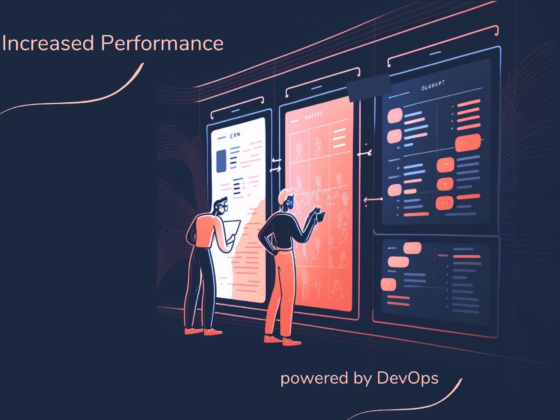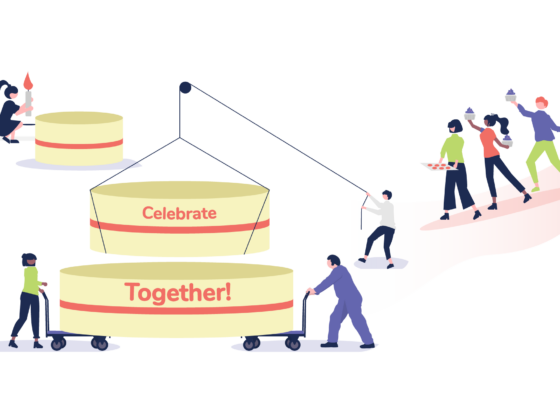The importance of conducting a business analysis before diving deep into any other step of software development is undeniable.
Contrary to what many believe, the software development life cycle begins before the first line of code is written or the first mock-up is drawn.
And this first step is often the decisive factor between a successful software development process and an inordinately long and frustrating one.
Table of Contents
Business Analysis Bridges the Gap Between Businesses and Developers
The main role that the Business Analyst has in the development process is that of bridging the business and the software developers.
Their mission is to help articulate your requirements on the one hand, while getting engineers on board and making sure they understand what the customer needs on the other.
Their engagement with business leaders, stakeholders, and future users is essential for understanding the actual process that the software will replace or enable, as well as for configuring what the software should be like in order to bring that added value.
The result is then articulated and discerned against what is technologically feasible and financially reasonable.
Business Analysis Translates the Vision Into Programmable Steps
During the inception phase of a project, the BA will work with the key stakeholders to help generate the initial requirements and to scope the project.
This stage’s goal is to break down the high-level vision into realistic programmable steps.
Also, this is the step where you can estimate the budget for your digital product.
Additionally, by conducting a business analysis before jumping on to the other steps of software development, the BA could be able to indicate other potential areas of automation and help re-engineer the underlying business process.
Conversely, upon the start of the business analysis in software development, their mission will be to review and validate the requirements, liaise between stakeholders and developers, and ensure that the solution accurately reflects the business goals.
Business Analysis Facilitates Project Cohesion and Efficiency
The business analyst works in a way similar to a translator and facilitator, bringing together the vision and the expertise.
The responsibility to properly articulate the product requirements and decide the best course of action cannot be put solely on business owners, particularly since for some of them, this might be their first project of this sort.
Clients and developers would have to spend lots of time educating each other about their fields, without an experienced, tech-savvy person to translate from one reference system to the other.
The Business Analyst Is in Charge of the Big Picture
The BA becomes as knowledgeable about your business as they are about the development process, thus converting into the one person who has the big picture.
By understanding your business model, way of operating, expectations, and business value of the product they can adjust and anticipate any problem or irregularity.
They will then be able to communicate in comprehensive terms technical or architectural complexities and explain what the developers need to do and why.
Developing a trusting relationship with your BA is the best way to benefit from their presence. You have to be confident they get you and are dedicated to making your grand vision a feasible reality.
A BA sets the tone for the entire project and allows us to be confident in what we build, as well as in the fact that we are the right fit for the project.
By helping shape the project from the very beginning, the common vision and the buy-in are guaranteed.
That is what allows us to maintain excellent communication all throughout the development process, what enables us to form long-lasting partnerships with the majority of our clients, and what makes us work on each product with the same dedication as if it were our own.
At Fabrit our mission is to build software that accurately meets the client’s business goals, which is why the importance of our initial step of business analysis in software development cannot be overstated.
We believe it’s our responsibility to build trust with each of our clients, ensuring they feel comfortable with our business analyst representing their business.
Are you ready to upgrade your business process? Let’s talk!





